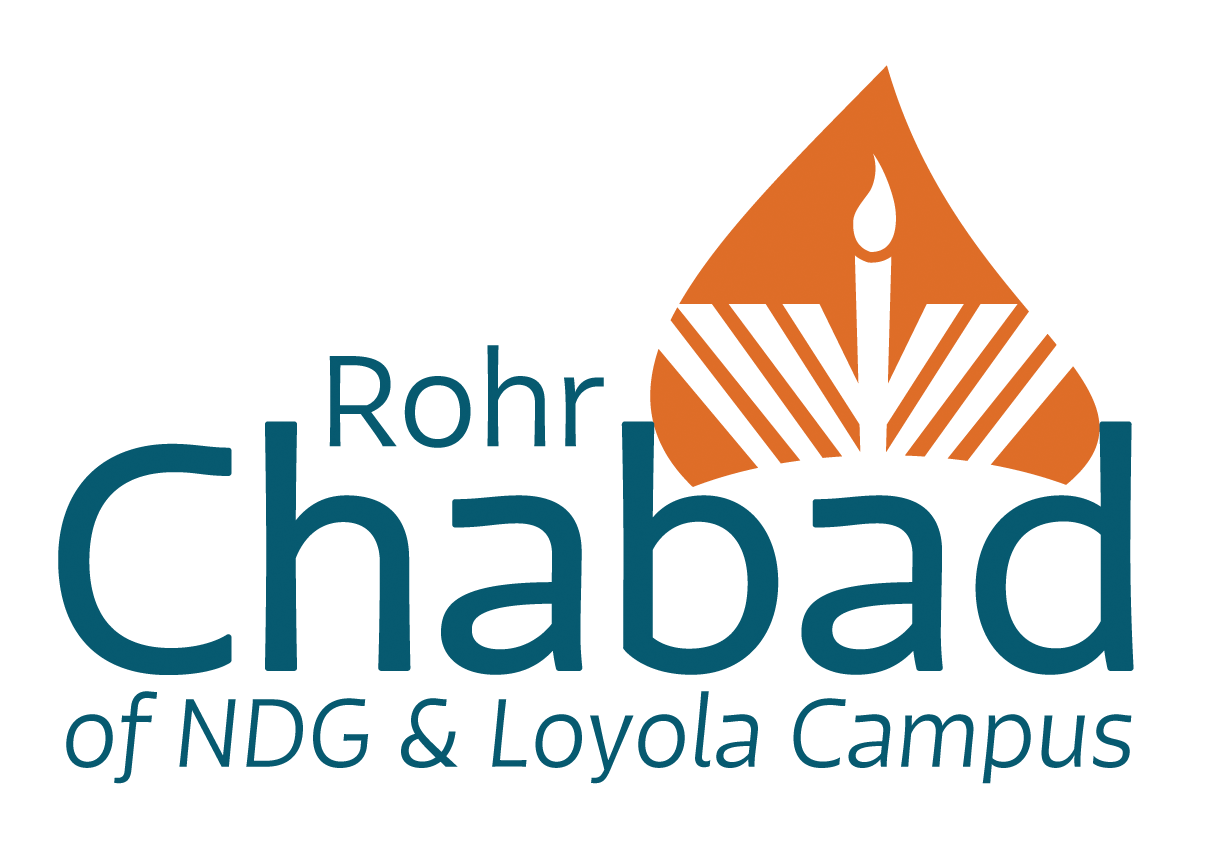This comprehensive course, Kabbalah and Mental Health: Discovering Inner Strength and Resilience, invites you to explore the timeless wisdom of Kabbalah and its practical applications for enhancing emotional and mental well-being. Over four immersive classes, attendees will journey through profound teachings and biblical stories that reveal essential strategies for navigating life’s challenges with inner strength, clarity, and purpose.
Through this course, participants will gain not only a deeper understanding of themselves but also practical methods to build resilience, foster meaningful relationships, and maintain mental wellness, all rooted in the rich spiritual tradition of Kabbalah.
When
January 9th, 2025 7:30 PM to January 30th, 2025 8:30 PM
Location
6058 Sherbrooke West
Montreal, QC H4A 1Y1
Canada
Montreal, QC H4A 1Y1
Canada
Contact
Phone: 514.507.8800
Email: office@jewishndg.com
Event Fee(s)
| Tuition for ONLINE ZOOM (Full Price) | CA$99.00 |
| Add a Donation |
